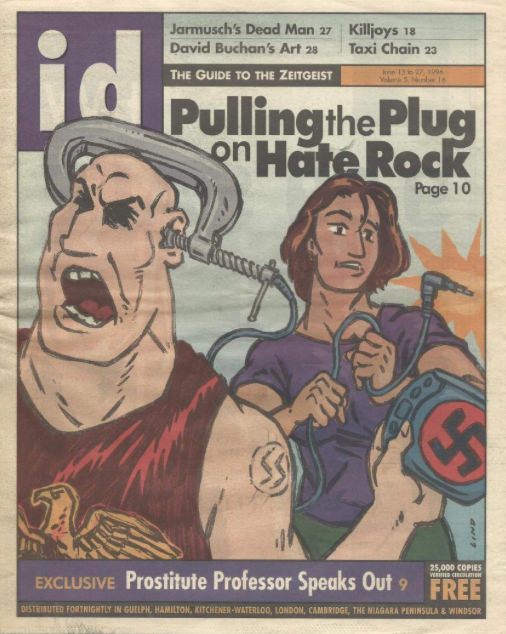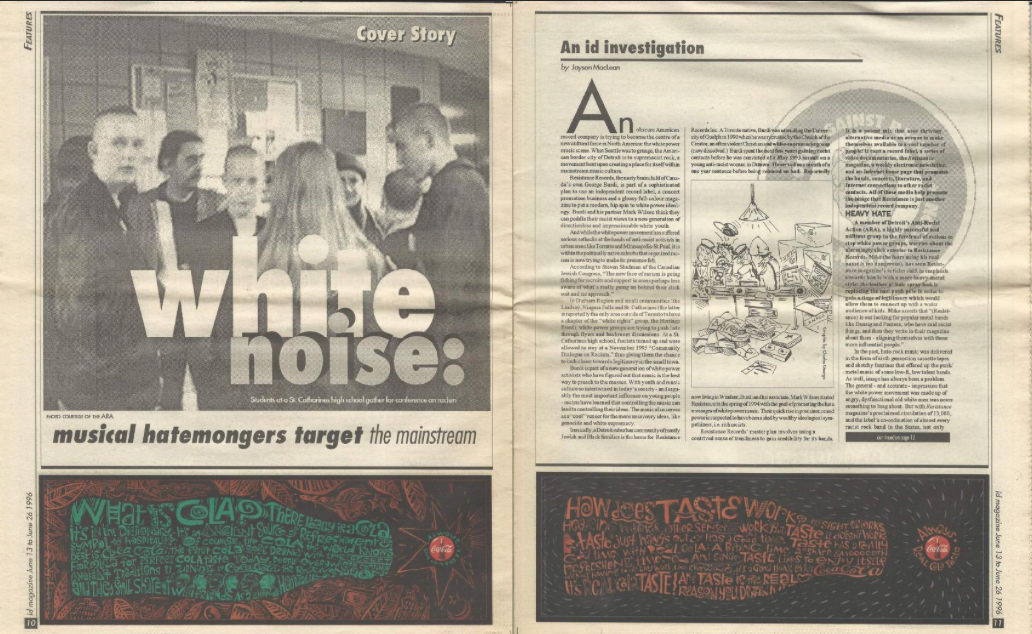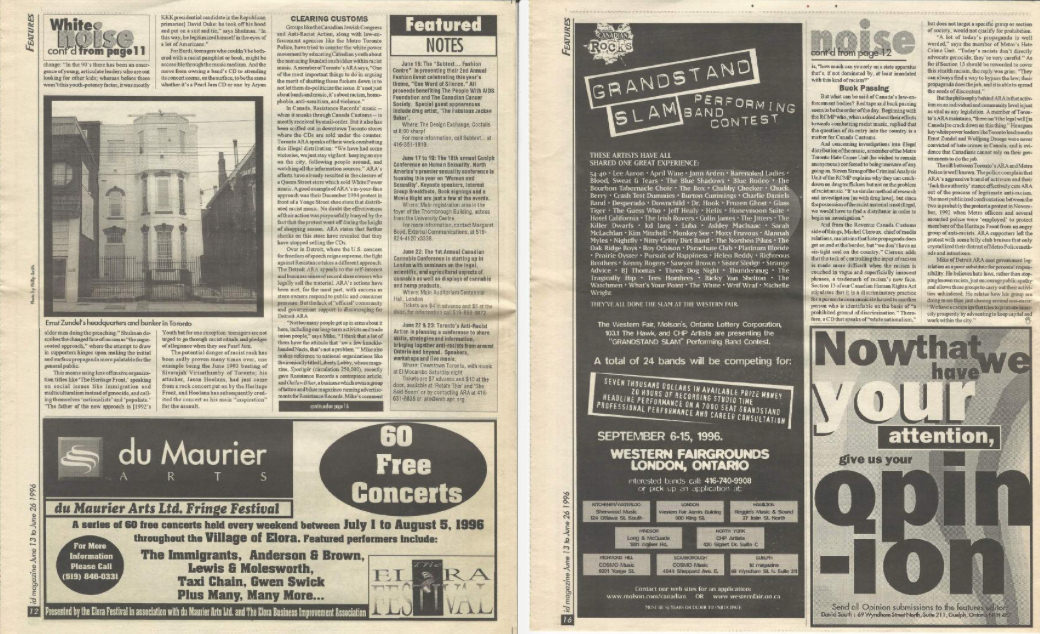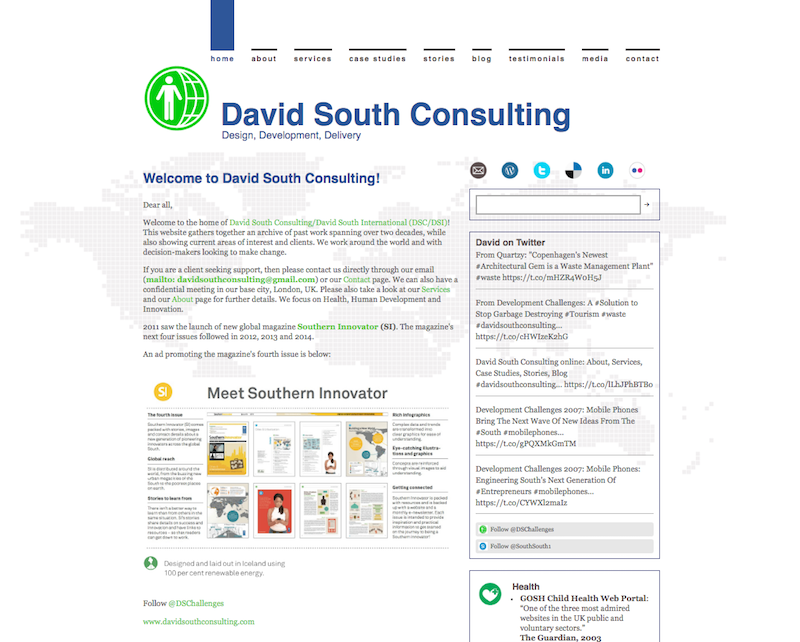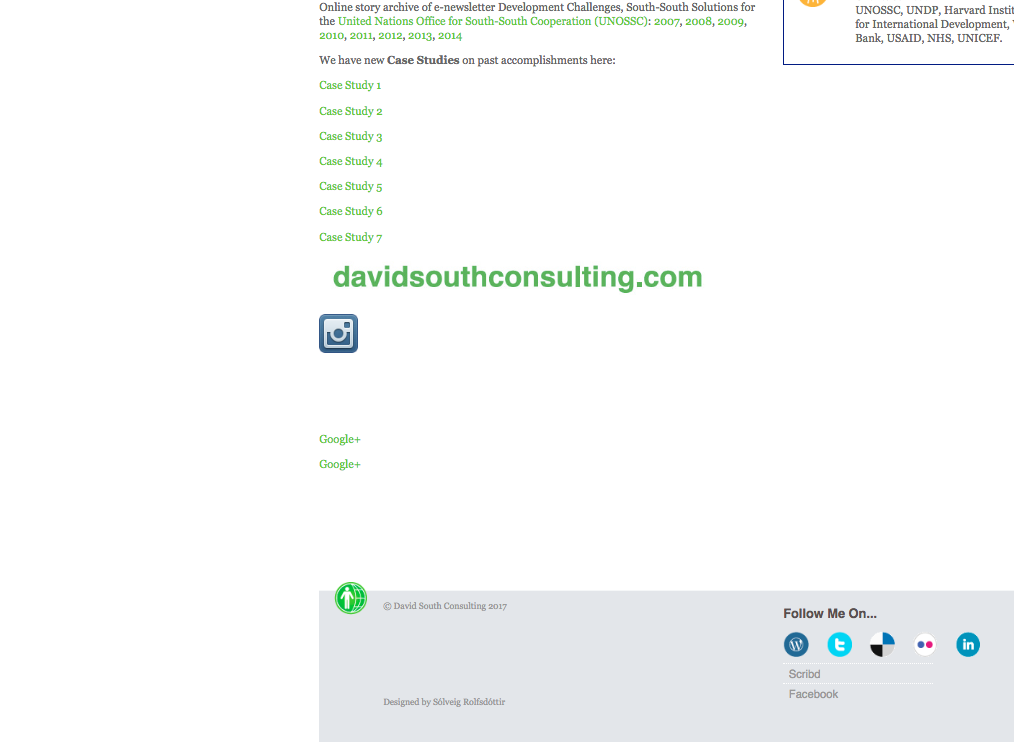UN Contest Winner in "State of Total Bliss"
 Tuesday, August 15, 2017 at 2:59PM
Tuesday, August 15, 2017 at 2:59PM

In the autumn of 1997, a national contest - Let's Make Life Better! - was launched to inspire and mobilise Mongolian youth between the ages of 20 and 30. The idea was simple: for youth to come up with the best ideas to "design their own small and local development project."
Launched with a cross-country advertising campaign, the prize of US $1,000 to implement the winning project (a substantial sum of money at the time) drew 580 project proposals by the contest deadline of December 15, 1997.
So many of the ideas were excellent, they were later to receive support from either the government, NGOs or international organisations. Read the story in the Blue Sky Bulletin newsletter about the contest's winner below:
Editor: David South
Publisher: UNDP Mongolia Communications Office
Published: Blue Sky Bulletin, Issue Number Six, May/June 1998
"When the phone operator told me it was a call from the UN in Ulaanbaatar, I didn't expect I would be the winner - my uncle was almost in tears."
The words of 27-year-old UN contest winner Mr. Ciezd Nygmed tells it all. Speaking to a group of journalists at UN headquarters in Ulaanbaatar, Mr. Ciezd confirmed his joy: "I'm in a state of total bliss!"
On Monday, May 4 the United Nations awarded US $1,000 to Mr. Ciezd - a teacher from Bayan-Ulgii aimag - for his project to start a ger school for herder children who have dropped out of school.
"Herders don't want to send children to school without school supplies," says Ciezd, who has been teaching for six years at the primary school in Delwnuu soum. This means poor children end up dropping out of the school system - or never going in the first place.
The ger school will be set up in June in the summering pastures of 33 Kazakh families. A teacher will be hired for the 40 children in need of basic literacy skills. The school will operate from June until September.
Ciezd says there are many benefits to bringing the school to the children. In the school where he currently teaches, many children stay in dormitories and parents must pay for their food. The children attending the ger school will be able to eat at home, saving parents precious togrogs.
The project is already receiving support from local governors. They have pledged to help buy the ger, leaving more funds for school supplies and the maintenance of the school.
During his six-day stay in Ulaanbaatar, Ciezd received one-on-one counselling from distance education advisers at UNESCO, the UN culture and education agency. UNESCO has pioneered distance education in Mongolia, particularly in the Gobi desert. Mr. Monxor, UNESCO coordinator for non-formal education, told Ciezd this was the first initiative of its kind in Bayan-Ulgii.
He also spent some time in the newly-established United Nations Information Shop, a one-stop, drop-in resource centre on development issues. Ciezd particularly found the advice from donors most helpful in planning the future of the project.
In October 1997, the UN "Let's Make Life Better!" contest asked Mongolian youth between 20 and 30 to tell us how they would make life better in their communities. We wanted small projects that could significantly change the lives of people in one community. By the deadline of December 15, the UN office was flooded with 580 project proposals from across Mongolia. To speed up the selection of the winner, the Mongolian Youth Federation formed a panel of judges and selected the five finalists. Keeping in the spirit of the contest, the four runners-up receive gardening kits complete with trowels, watering cans, seeds and spades.
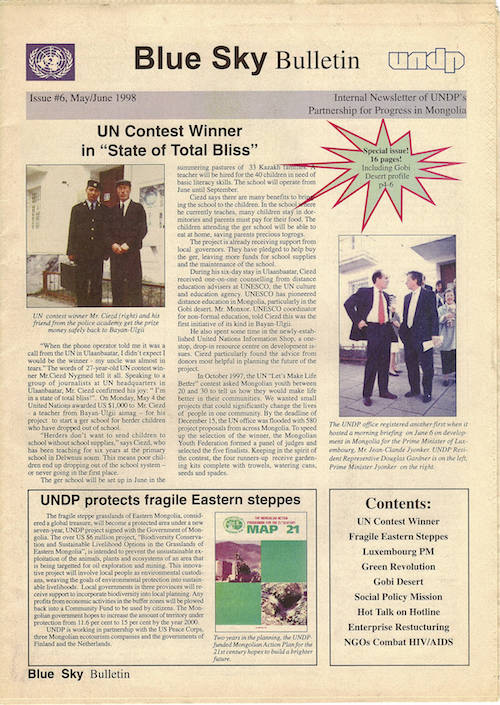 Cover stories: UN contest winner and visit of Jean-Claude Juncker to UNDP Mongolia (pictured with UNDP Resident Representative Douglas Gardner).
Cover stories: UN contest winner and visit of Jean-Claude Juncker to UNDP Mongolia (pictured with UNDP Resident Representative Douglas Gardner).
© David South Consulting 2017
Stories @ David South Consulting | 1991 - 2017
 Tuesday, July 11, 2017 at 11:57AM
Tuesday, July 11, 2017 at 11:57AM

I worked as a journalist for magazines and newspapers from 1991 to 1997 in Canada and the United Kingdom and as a radio host for a weekly spoken word interview programme, Word of Mouth (CKLN-FM). This included working as an investigative journalist for Now Magazine, “Toronto’s alternative news and entertainment source”, as a Medical and Health Correspondent for Today’s Seniors, and as an investigative journalist and reporter for two Financial Times newsletters, New Media Markets and Screen Finance.
From 2007, I researched and wrote stories for two United Nations publications: e-newsletter Development Challenges, South-South Solutions and magazine Southern Innovator. Links to a small sample of published stories by theme are below:
Themes
Health and Medical
African Health Data Revolution
African Technology Tackles Health Needs
Changing Health Care Careers a Sign of the Times
Feds Call for AIDS, Blood System Inquiry: Some Seniors Infected
Health Care on the Cutting Block: Ministry Hopes for Efficiency with Search and Destroy Tactics
Mobile Phone Microscopes to Revolutionize Health Diagnostics
Safe Healthcare is Good Business and Good Health
Take Two Big Doses of Humanity and Call Me in the Morning
Taking Medicine to the People: Four Innovators in Community Health
Thai Organic Supermarkets Seek to Improve Health
US Health Care Businesses Chasing Profits into Canada
Innovation and Innovators
Frugal Innovation Trend Meets Global South's Innovation Culture
Innovation from the Global South
Innovation Villages Tackling MDGs
Innovations in Green Economy: Top Three Agenda
Innovative Stoves to Help the Poor
Kenyan Mobile Phone Innovations
Next Generation of Innovation for the Grassroots
Technological Innovation Alive in Brazil
International Development
Philippine Conference Tackles Asia's AIDS Crisis
Starting from Scratch: the Challenge of Transition
State of Decay: Haiti Turns to Free-Market Economics and the UN to Save Itself
Traffic Signs Bring Safety to the Streets
Investigative Journalism
False Data Makes Border Screening Corruptible
New Student Group Seeks 30 Percent Tuition Hike
Somali Killings Reveal Ugly Side of Elite Regiment
Study Says Jetliner Air Quality Poses Health Risks: CUPE Takes on Airline Industry with Findings
Top Reporters Offer Military Media Handling Tips
Science
Affordable Space Programmes Becoming Part of South's Development
African Botanicals to be Used to Fight Against Parasites
African Digital Laser Breakthrough Promises Future Innovation
African Farming Wisdom Now Scientifically Proven
An Innovator's 'Big Chicken Agenda' for Africa
China Pushing Frontiers of Medical Research
New 3D Technology Makes Innovation Breakthough and Puts Mind Over Matter
 David South,
David South,  David South Consulting,
David South Consulting,  David South International,
David South International,  fact-based journalism,
fact-based journalism,  health,
health,  innovation,
innovation,  innovators,
innovators,  international development,
international development,  investigative journalism,
investigative journalism,  medical,
medical,  newsletter,
newsletter,  science in
science in  David South Consulting,
David South Consulting,  Development Challenges, South-South Solutions,
Development Challenges, South-South Solutions,  Magazine Stories 1990s,
Magazine Stories 1990s,  Southern Innovator Magazine,
Southern Innovator Magazine,  UNDP Innovator Stories
UNDP Innovator Stories New seniors’ group boosts ‘grey power’: Grey Panthers chapter opens with a Canadian touch
 Tuesday, March 28, 2017 at 11:00AM
Tuesday, March 28, 2017 at 11:00AM
By David South
Today’s Seniors (Canada), April 1993
Check your prejudices at the door, look beyond your self-interest, and open your mind, because the Grey Panthers are here in Canada.
Joe Moniz, the 26-year-old founder of the Canadian Grey Panthers, is confident that his ambitious plans for a new national seniors’ organization are just what Canadian seniors need.
That’s right: 26-years-old. Modelled on the U.S. Gray Panthers, the Canadian Grey Panthers believe in harnessing the power of all age groups, making the connection that everybody will eventually be a senior and that seniors benefit from a better society for everyone.
“The major difference between us and any other organization is our slogan, “Age and Youth Working Together,” he says. “Look at our pension fund. It’s depleting. I’m concerned about my future as a senior citizen - will there be a pension fund? We want to act now, to bring youth and age together to improve the situation of seniors today and improve our situation in the future.
“Membership is open to all age groups. We want to bring seniors into day care to interact with children. We want to deal with the universities, give people the opportunity to discuss and unite. It’s a different approach, but it can make a huge difference.”
Moniz has already organized the group’s first chapter, in Hamilton, complete with a board of retired university professors and doctors. The group has put together insurance packages that will “blow the others out of the water.”
“All seniors’ attempts at lobbying in the past have been short term,” says a blunt Moniz. “We are the organization that will make the difference. We will lobby provincially, federally, and municipally, and we are non-partisan.
“The reason I’m introducing the Grey Panthers is to keep grey power alive in Canada, and to provide the necessary channels to do so through lobbying efforts. If anyone has problems with local politicians, they can call us, and we in turn let them know the channels they should use. There are a lot of seniors out there being cheated, and it is up to us to help them.”
The Canadian Grey Panthers (which uses the British spelling, as opposed to its American counterpart) will initially concentrate on four issues: pensions, drug plans, affordable housing and long-term care, and will communicate information through newsletters, surveys and meetings.
Moniz promises to make the Panthers accessible to all, no matter what their income. He plans to hit the streets and visit institutions to inform seniors of the group’s presence. As if to prove the group’s potential for excitement, an enthusiastic gentleman from a local retirement home interrupts Moniz during a coffee shop interview. “That’s the best thing I’ve heard from a young person in Toronto,” he says.
The U.S. Panthers were formed by political activist Maggie Kuhn and five friends in 1970. Back then, their name wasn’t as exciting. It was the convoluted and unsexy “Consultation of Older and Younger Adults for Social Change.” In 1972, they adopted the media’s pet name - a grey twist on radical African-American rights organization the Black Panthers.
The radical milieu of political activism was contagious - and the Panthers symbolized its jump from the youth of America to other generations.
“When we formed, we were an intergenerational group,” says Panthers’ U.S. national chair, Charlotte Flynn. “The first issue the group addressed was mandatory retirement. We combat the stigma of ageism, which is making decisions about people based on chronological age. Ageism isn’t just confined to the elderly - ageism exists for young people as well.”
The agenda of the Panthers is just as radical today. Flynn, who is candid about the group’s failures as well as its successes, admits that it isn’t the easiest route to popularity. With membership at about 45,000, the U.S. Panthers have spoken out on now-popular issues like health care, the environment, affordable housing - and taken brave stands against mainstream opinion when it came to the Gulf War and the invasion of Panama.
And they think big. Not content with just influencing the American political scene, the Panthers have taken on the world, gaining official advisor status at the United Nations.
Although involved in a broad range of issues, Flynn says the Panthers are primarily seen as a strong voice for the rights of American seniors.
“We have tried very hard to let people know we are not a special interest group for the elderly,” says Flynn. “But we are always getting called upon to highlight what any legislation is doing to older people.”
With Panther groups sprouting in Europe and now in Canada, the important issue of maintaining the integrity of the Panther name has arisen, says Flynn. She points to the flip side of having a reputation for action: people want to start branches without being interested in the full agenda of the Panthers, using the name for shock value. At the last convention in November 1992, the Panthers formed a committee to act as quality control monitors for the name.
One thing is clear from the ambitious agenda of the Grey Panthers - they aren’t for everyone.
But Moniz’s pragmatic approach seems distinct from the American Panthers. He shies away from some of the American group’s positions, emphasizing a balance between insurance policies and political policies.
“If you read the American Panthers’ position sheet, it’s anti-this and anti-that,” he says. “We aren’t going to take that approach. It would be suicide.”
But he is quick in his praise of the group and its founder Maggie Kuhn. “People may consider her actions to be radical, but they’re not. Look at the achievements. She is one of the top 25 active women in the U.S.
“The Gray Panthers are achievers. They have proven the effectiveness of intergenerational attempts at social justice.”
A quick call to seniors’ groups drew many surpised faces.
“I can’t say anything about them - I don’t know who they are,” responded Murray Morgenthau, executive director of the Canadian Association of Retired Persons (CARP).
Jane Leitch at the United Senior Citizens of Ontario had heard something was happening but wonders why a new group is forming “with so many groups out there.”
One Voice spokesperson Andrew Aitkens says his group is closer to the American Association of Retired Persons than the Panthers in their approach, and that they “have found that there are much more effective ways for advocacy. We don’t march on the Hill at the drop of the hat.”
But Flynn says the Panthers embody a philosophy distinct from all other seniors’ groups. “As Maggie Kuhn said, ‘those of us who are older are the elders of the tribe and should be concerned about survival.’ We look at all issues that deny people the ability to realize their full potential, whether young or old. We are really interested in empowering people rather than being a special interest for the elderly.”
Note: In the early 1990s, I was an Investigative Medical and Health Correspondent for Today's Seniors. This involved contributing the lead story for each issue of the paper. Concerns around the state of the health system during a time of austerity and government cuts (Ontario was experiencing what has been later called an economic crisis akin to a depresssion) and re-organizations, meant the stories always had a high profile with readers. I regularly covered Health Ministry announcements from the Ontario Legislature, interviewed ministers, and travelled to the US to cover developments down there. I drew on my experience working in the health system, my knowledge of medical history from my degree studies at the University of Toronto, my communications work at the Hannah Institute for the History of Medicine, and my routine trawling through journals at the University of Toronto (this was before easy access to the Internet!) to break news stories on medical and scientific developments. This experience proved extremely useful when I later had to respond to the unfolding crises (austerity, economic crash, Asian Financial Crisis, HIV/AIDS/STDs etc.) in Mongolia while working for the United Nations (1997-1999). I also learned about many innovations that were being deployed in Ontario to respond to the crisis in the health system, something I also found very useful for my work with the UK's NHS in the early 2000s.
Read more stories from Today's Seniors here:
Critics Blast Government Long-Term Care Reforms
Cut Services to Elderly, Says Doctors' Survey ... But Leave Our Salaries Alone!
Feds Call for AIDS, Blood System Inquiry: Some Seniors Infected
Government Urged to Limit Free Drugs for Seniors
Health Care on the Cutting Block: Ministry Hopes for Efficiency with Search and Destroy Tactics
Private Firms Thrive as NDP 'Reinvents' Medicare
Psychiatric Care Lacking for Institutionalized Seniors
Government urged to limit free drugs for seniors
 Tuesday, March 28, 2017 at 10:55AM
Tuesday, March 28, 2017 at 10:55AM
By David South
Today’s Seniors (Canada), May 1993
Another blow may be coming to seniors on top of last August’s cuts to the Ontario Drug Benefit Plan (ODBP). Health minister Ruth Grier has been advised to terminate the policy offering free drugs for Ontario residents over 65.
Assistant deputy health minister Mary Catherine Lindberg says the 13-page report from the Ontario Drug Reform Secretariat urges the government to replace universal coverage with a system based on income.
The government argues that fiscal problems, a desire to make wealthy seniors pay, and a need to extend the program to the working poor has driven them to consider the move, while critics argue it will hurt modest-to-lower-income seniors. They say costs could be better contained by keeping universal coverage and attacking the source of escalating costs: pharmaceutical manufacturers and doctors who over-prescribe or misprescribe.
Concession
If implemented, the cuts will represent a concession by the NDP on the once-sacred principle of universality. Just last year, former health minister Francis Lankin said, “I believe strongly in universality, and we’re not looking at ending it for drug coverage of seniors.”
The proposed plan calls for single people, regardless of age, who earn over $20,000 a year, and families earning over $40,000, to pay a premium of up to $300 for drug coverage.
Those earning less than that amount will have to pay for their own drugs until they reach a limit tied to their income to become eligible for free drugs.
The government says this changes qualifying for coverage from age to income-based.
In a recent interview, health minister Ruth Grier wouldn’t be specific about what plan she would go for. But she agrees with the report’s authors that the drug plan needs reform.
“While the drug plan makes drugs available in an open-ended way to everybody over 65,” says Grier. “In many cases it doesn’t help the low-income family with parents in minimum wage jobs and has a child needing constant drugs. And when we reform the system we aren’t just looking at how we can contain costs, but also how we can make it fairer. The underlying principle of all that we are doing is equity and fairness.”
The drug benefit plan, which also covers welfare recipients, hit $1.2 billion last year out of an almost $17 billion health budget. That was an increase of 13.8 per cent from 1991, but lower than the 18.1 per cent average for the last 10 years.
David Kelly at Toronto’s multi-service agency Senior Link suggests the government go after the drug industry for wasting money promoting drugs and duplicating research projects.
According to the industry advocate Pharmaceutical Manufacturers Association of Canada’s own statistics, drug companies spent $186 million on “marketing” in 1990 while $286 million actually went to research and development.
The federal government’s own Patent Medicine Prices Review Board, in an internal study leaked to The Globe and Mail, found Canada to have some of the highest drug prices among the seven industrialized nations.
Anger
Seniors organizations and agencies almost overwhelmingly expressed anger over the report, seeing it as another attack on universality of medicare. They feel the government isn’t being creative enough solving fiscal problems.
“I strongly disapprove,” says Sara Wayman, chairperson of the Ontario board of Canadian Pensioners Concerned. “The concept of universality when it comes to services is a basic democratic principle we support strongly. People who earn $20,000 a year are still struggling to make ends meet. This would represent a real hardship.
“We also feel strongly that the high medical costs that everybody is talking about aren’t really due to universality. They are really due to the high cost of drugs, and because there has been a restraint of generic drugs by our legislature.
“They are tip toeing around the medical profession. I hope people will speak out.”
Kelly feels savings could be reaped by taxing back any benefits given to wealthy seniors, while maintaining the universality of programs.
“The group they are talking about is very tiny,” says Kelly. “And so the cost savings to the government are going to be really minimal. A whole process will have to be set up to decide who gets free drugs, and what you get is another layer of bureaucracy everyone has to go through. Studies have shown this adds to the net costs of government in the long run.”


 May 1993,
May 1993,  Today's Seniors,
Today's Seniors,  age,
age,  austerity,
austerity,  drug benefits,
drug benefits,  drugs,
drugs,  health,
health,  health care,
health care,  healthcare,
healthcare,  medicare,
medicare,  rationing,
rationing,  seniors in
seniors in  Today's Seniors
Today's Seniors 